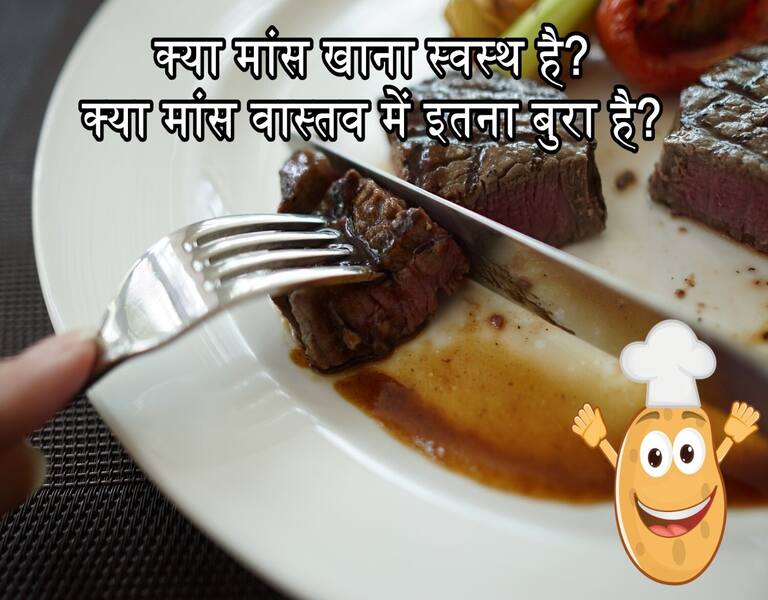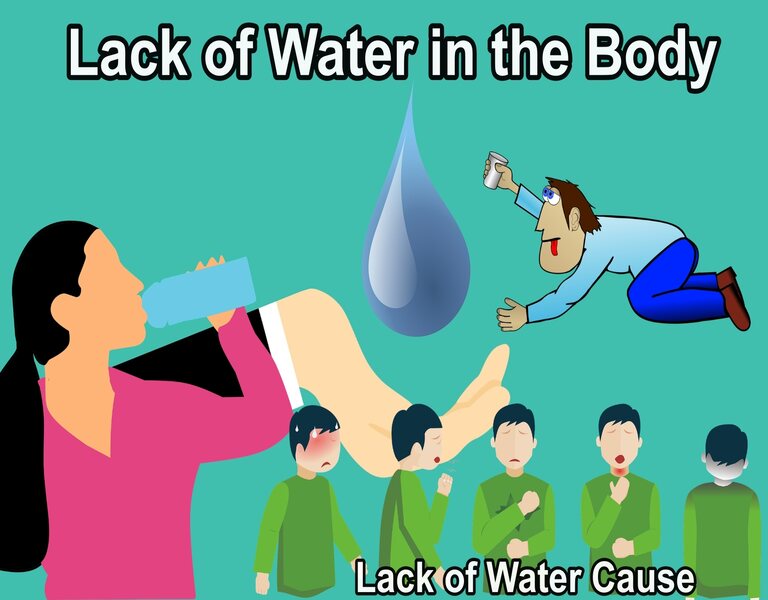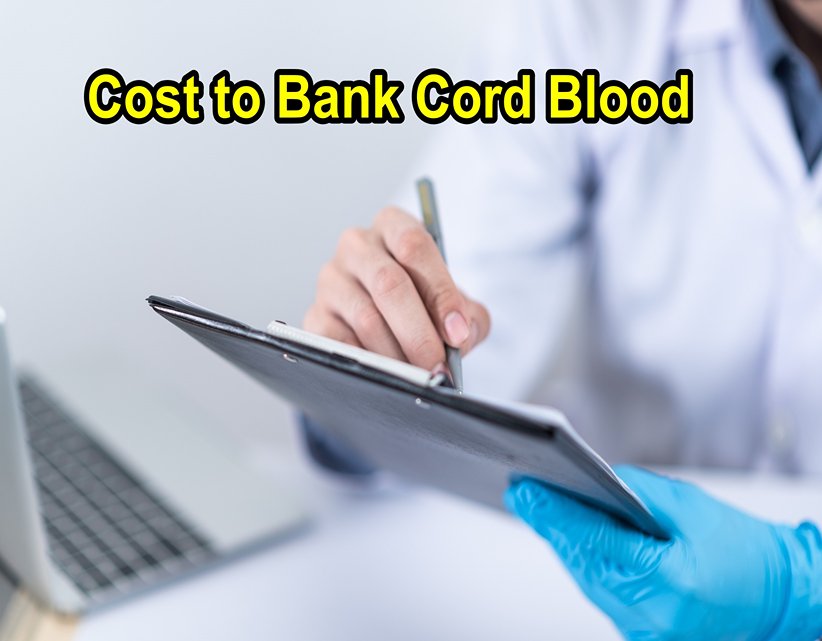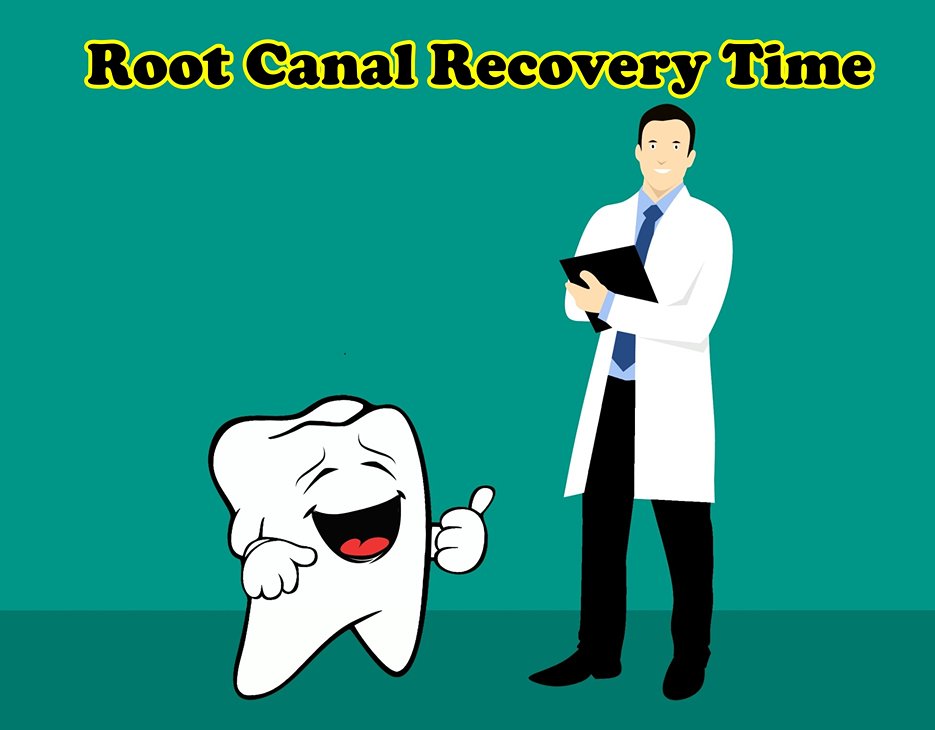Table of Contents
Why do you get Piles
Piles, also known as hemorrhoids, are a common medical condition that affects millions of people worldwide. Although the exact cause of piles is not fully understood, there are several factors that can increase your risk of developing this condition. Why do you get Piles – Piles Treatment
In this blog post, we will discuss some of the most common causes of piles and what you can do to prevent or manage this condition.
What are piles?
These swollen veins can become enlarged and inflamed, causing discomfort, pain, and bleeding. Piles can be classified into two main types: internal piles and external piles.
External piles, on the other hand, are located outside the anus and can be felt as small, hard lumps. They can be painful and itchy, especially when sitting or passing stools.
What causes piles?
The exact cause of piles is not fully understood, but there are several factors that can increase your risk of developing this condition.
Straining during bowel movements: One of the most common causes of piles is straining during bowel movements. This can happen if you have constipation or diarrhea, which can put pressure on the veins in the rectum and anus.
Pregnancy: Women are more likely to develop piles during pregnancy due to increased pressure on the veins in the pelvic area. This pressure can cause the veins to swell and become inflamed.
Obesity: Being overweight or obese can also increase your risk of developing piles. This is because excess weight can put pressure on the veins in the rectum and anus, leading to inflammation and swelling.
Sitting for long periods: People who sit for long periods, such as truck drivers or office workers, are also at an increased risk of developing piles. This is because sitting puts pressure on the veins in the pelvic area, leading to swelling and inflammation.
Age: Piles are more common in older adults, as the tissues supporting the veins in the rectum and anus can weaken over time, making them more susceptible to swelling and inflammation.
Genetics: Some people may be more likely to develop piles due to their genetic makeup. If you have a family history of piles, you may be more likely to develop this condition yourself.
How to prevent or manage piles?
Fortunately, there are several things you can do to prevent or manage piles. Some of the most effective ways to prevent piles include:
Eating a high-fiber diet: Eating a diet rich in fiber can help prevent constipation and diarrhea, which can reduce the risk of developing piles.
Staying hydrated: Drinking plenty of water and other fluids can help keep stools soft, making them easier to pass and reducing the risk of developing piles.
Exercising regularly: Regular exercise can help improve digestion and prevent constipation, reducing the risk of developing piles.
Taking breaks from sitting: If you sit for long periods, it’s important to take breaks and stretch your legs to relieve pressure on the veins in the pelvic area.
Avoiding straining during bowel movements: Try to relax and avoid straining when passing stools to reduce the risk of developing piles.
If you already have piles, there are several things you can do to manage the symptoms, including:
Using over-the-counter creams and ointments: There are several over-the-counter creams and ointments available that can help relieve the pain, itching, and inflammation associated with piles.
Soaking in warm water: Soaking in a warm bath or using a sitz bath can help reduce swelling and relieve pain and itching. Why do you get Piles – Piles Treatment
How do I get rid of piles?
Home remedies: There are several home remedies that can help reduce the symptoms of piles.
Soaking in warm water: Soaking in a warm bath or using a sitz bath can help reduce swelling and relieve pain and itching.
Using over-the-counter creams and ointments: There are several over-the-counter creams and ointments available that can help relieve the pain, itching, and inflammation associated with piles.
Applying ice packs: Applying ice packs to the affected area can help reduce swelling and numb the pain.
Drinking plenty of water: Staying hydrated can help soften stools and reduce the risk of constipation, which can aggravate piles.
Eating a high-fiber diet: Eating a diet rich in fiber can help prevent constipation and diarrhea, which can reduce the risk of developing piles.
Medical treatment: If home remedies do not work, or if the piles are severe, medical treatment may be necessary. Some of the most common medical treatments for piles include:
Rubber band ligation: This procedure involves placing a rubber band around the base of the piles to cut off the blood supply, causing them to shrink and eventually fall off.
Infrared coagulation: This procedure involves using infrared light to shrink the piles.
Hemorrhoidectomy: This is a surgical procedure that involves removing the piles. It is usually reserved for severe cases of piles.
Prevention: The best way to get rid of piles is to prevent them from developing in the first place. Some of the most effective ways to prevent piles include:
Eating a high-fiber diet: Eating a diet rich in fiber can help prevent constipation and diarrhea, which can reduce the risk of developing piles.
Staying hydrated: Drinking plenty of water and other fluids can help keep stools soft, making them easier to pass and reducing the risk of developing piles.
Exercising regularly: Regular exercise can help improve digestion and prevent constipation, reducing the risk of developing piles.
Taking breaks from sitting: If you sit for long periods, it’s important to take breaks and stretch your legs to relieve pressure on the veins in the pelvic area.
Avoiding straining during bowel movements: Try to relax and avoid straining when passing stools to reduce the risk of developing piles.
Piles can be painful and uncomfortable condition, but there are several ways to get rid of them and manage the symptoms. If you are experiencing symptoms of piles, it’s important to talk to your doctor to determine the best course of treatment for your specific needs. By following a healthy diet, staying hydrated, and exercising regularly, you can also prevent piles from developing in the first place. Why do you get Piles – Piles Treatment
What should avoid in piles?
Piles, also known as hemorrhoids, can be painful and uncomfortable condition that affects millions of people worldwide. While there are several ways to treat and manage piles, it’s important to know what to avoid to prevent worsening the symptoms or developing new ones. In this blog post, we will discuss some of the things you should avoid if you have piles.
Straining during bowel movements: Straining during bowel movements can cause the veins in the rectum to swell, leading to piles. To prevent this, it’s important to take your time when using the bathroom, and avoid straining or pushing too hard.
Sitting for long periods: Sitting for long periods, especially on hard surfaces, can increase pressure on the veins in the pelvic area, leading to piles. If you have a sedentary job or lifestyle, try to take frequent breaks and walk around to relieve the pressure.
Heavy lifting: Lifting heavy objects can also increase pressure on the veins in the pelvic area, leading to piles. If you need to lift heavy objects, make sure to use proper lifting techniques and avoid straining.
Spicy and oily food: Spicy and oily foods can irritate the digestive system and increase the risk of developing piles or worsening symptoms. To prevent this, try to avoid or limit your intake of spicy and oily foods, and instead opt for a high-fiber diet that can help prevent constipation.
Alcohol and caffeine: Alcohol and caffeine can dehydrate the body and increase the risk of constipation, which can worsen the symptoms of piles. To prevent this, try to limit your intake of alcohol and caffeine, and make sure to stay hydrated by drinking plenty of water and other fluids.
Straining during urination: Straining during urination can also increase pressure on the veins in the pelvic area, leading to piles. To prevent this, try to relax and take your time when using the bathroom.
Overusing laxatives: While laxatives can help relieve constipation, overusing them can worsen the symptoms of piles by causing diarrhea or loose stools. If you need to use laxatives, make sure to use them sparingly and only under the guidance of a healthcare provider.
Avoiding certain behaviors and foods can help prevent piles from developing or worsening the symptoms. By taking steps to prevent constipation, avoiding heavy lifting and straining, and making dietary changes, you can help manage the symptoms of piles and improve your overall health. If you are experiencing symptoms of piles, it’s important to talk to your doctor to determine the best course of treatment for your specific needs.
What can heal piles faster?
Piles, also known as hemorrhoids, can be painful and uncomfortable condition that affects many people worldwide. While there are several ways to manage and treat piles, some remedies may help speed up the healing process. In this blog post, we will discuss some tips for healing piles faster.
Increase your fiber intake: Eating a high-fiber diet can help prevent constipation, which is a common cause of piles. Including plenty of fruits, vegetables, whole grains, and legumes in your diet can help soften stools and make them easier to pass, reducing strain on the rectal area.
Use a warm compress: Applying a warm compress to the affected area can help reduce swelling and pain. Soaking in a warm bath for 10-15 minutes several times a day can also provide relief.
Apply topical treatments: Over-the-counter topical treatments, such as creams, ointments, or suppositories, can help relieve itching and pain. Some products contain ingredients like witch hazel or hydrocortisone, which can help reduce inflammation.
Exercise regularly: Regular exercise can help improve bowel function and prevent constipation, which can worsen the symptoms of piles. Activities like walking, cycling, or swimming can help promote healthy digestion and reduce the risk of developing new piles.
Practice good hygiene: Keeping the anal area clean and dry can help prevent infections and promote healing. After bowel movements, gently clean the area with mild soap and water, and avoid using rough toilet paper.
Consider medical treatments: If home remedies are not providing relief, your doctor may recommend medical treatments such as rubber band ligation, sclerotherapy, or surgery.
A combination of lifestyle changes and home remedies can help promote faster healing of piles. By including high-fiber foods in your diet, staying hydrated, using warm compresses, applying topical treatments, exercising regularly, and practicing good hygiene, you can help manage the symptoms of piles and promote healing. If you are experiencing persistent or severe symptoms, it’s important to talk to your doctor to determine the best course of treatment for your specific needs. Why do you get Piles – Piles Treatment













